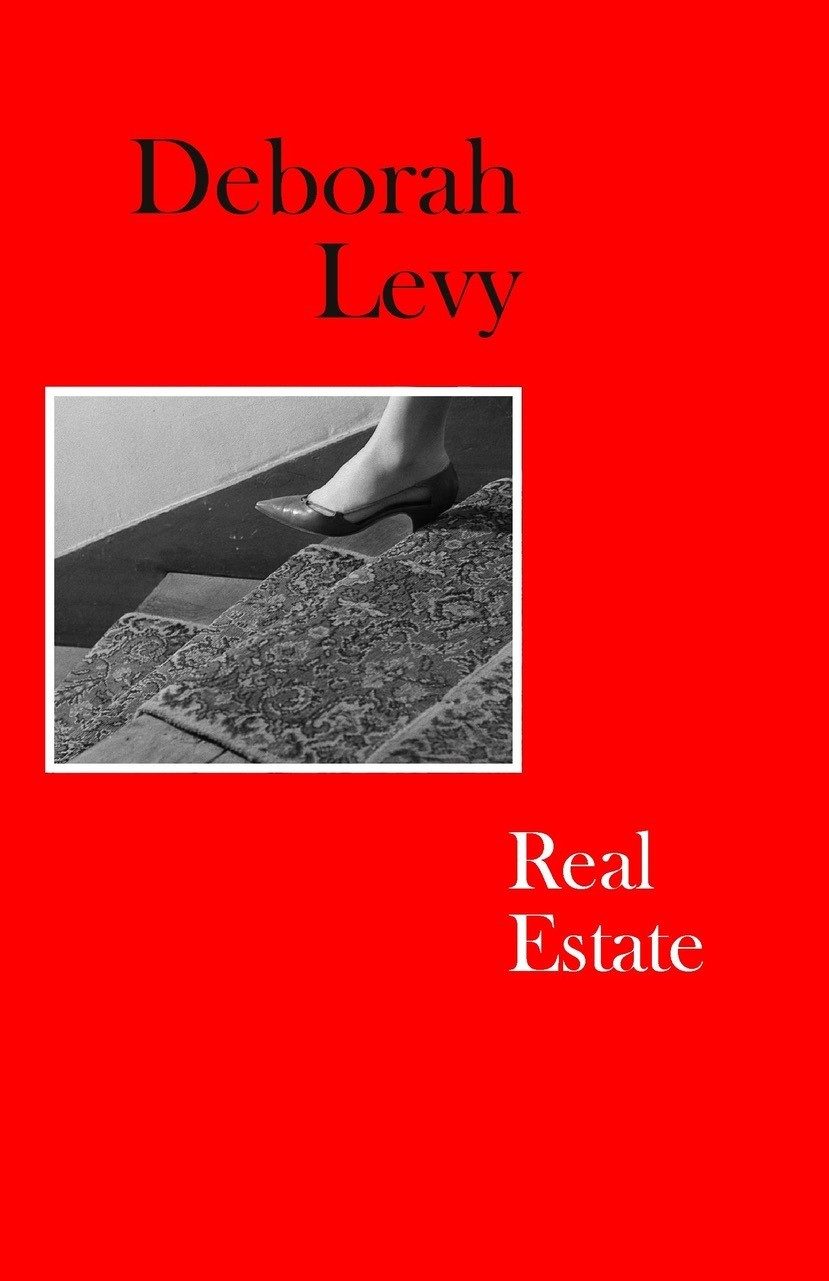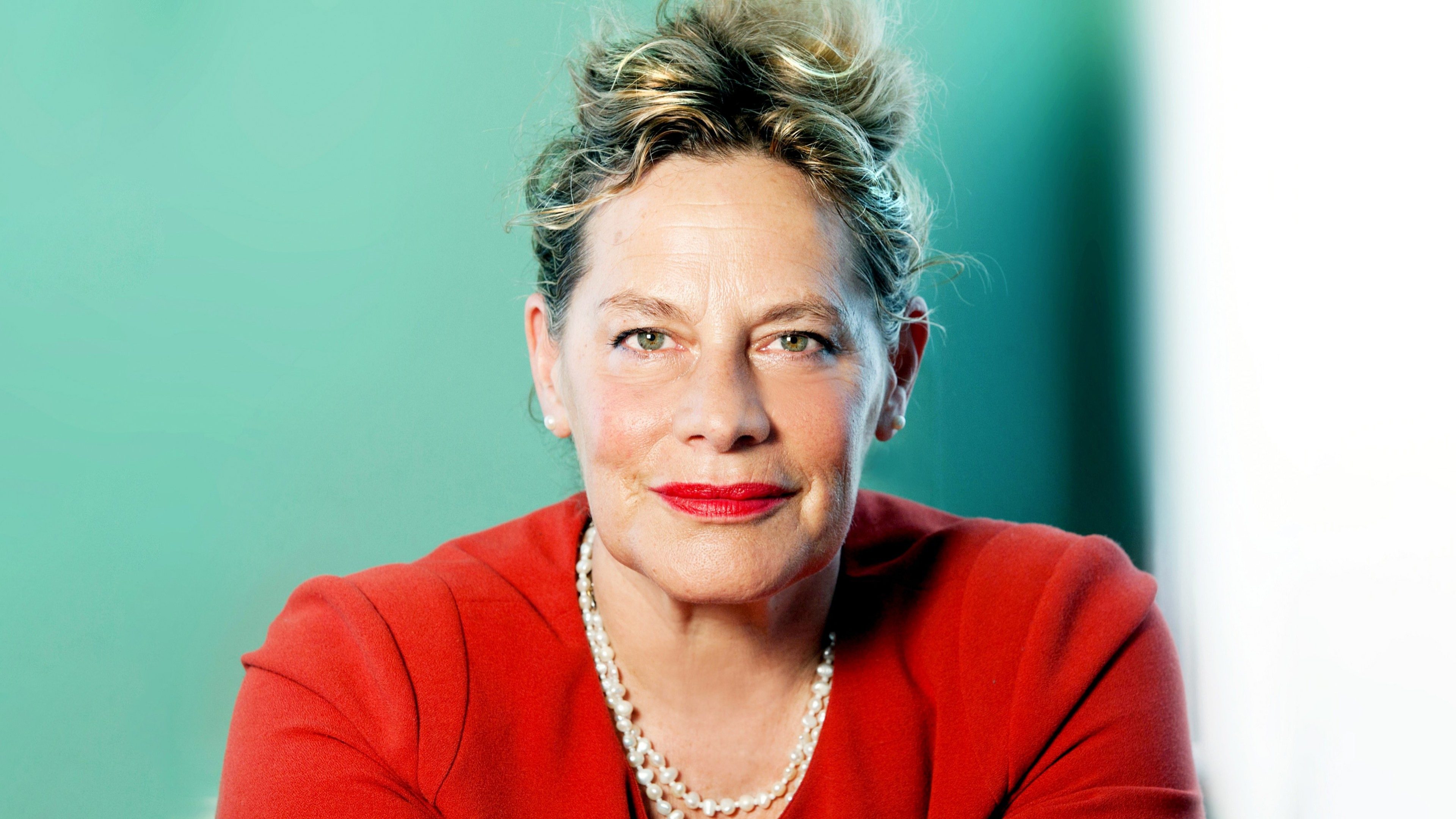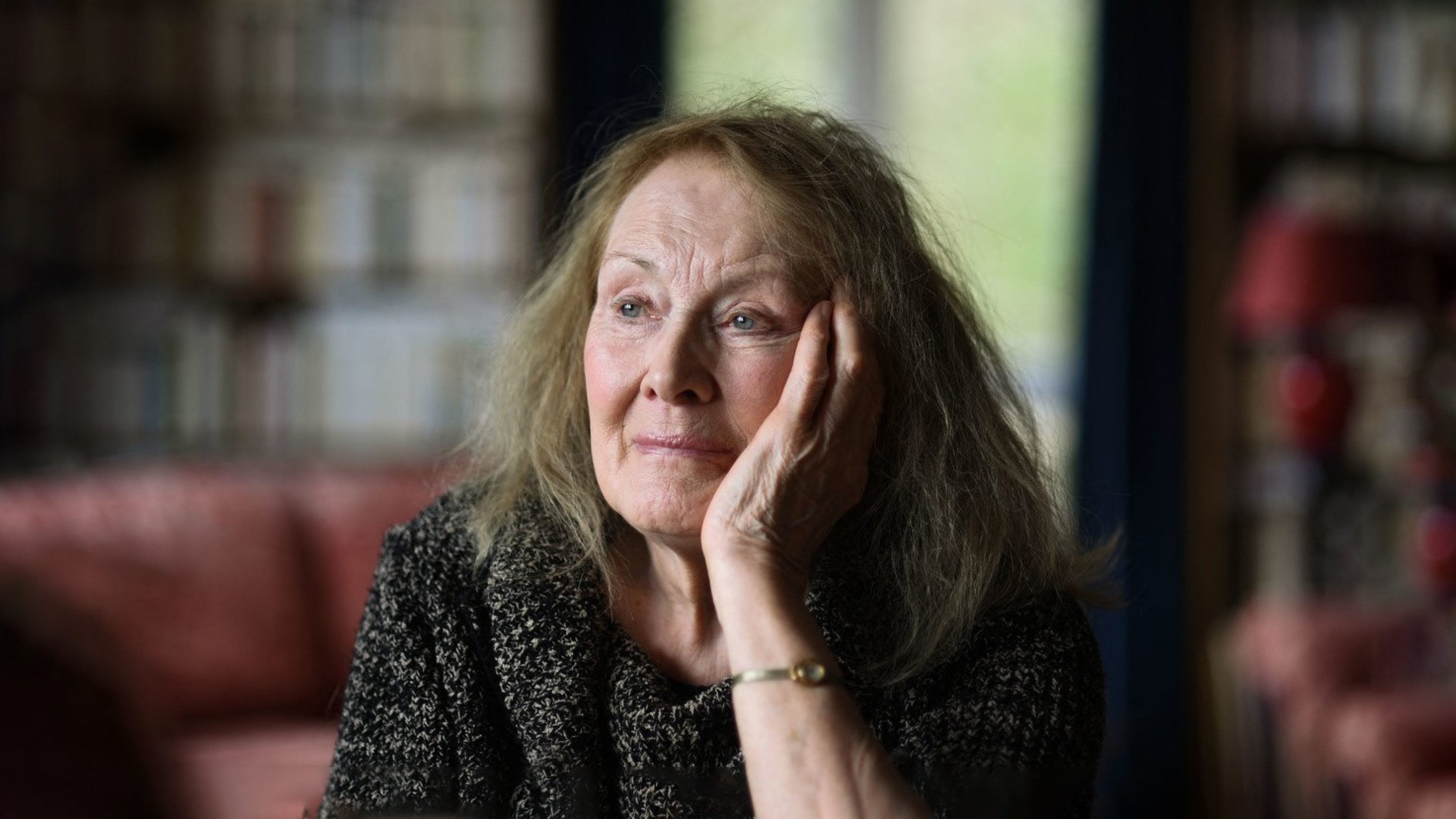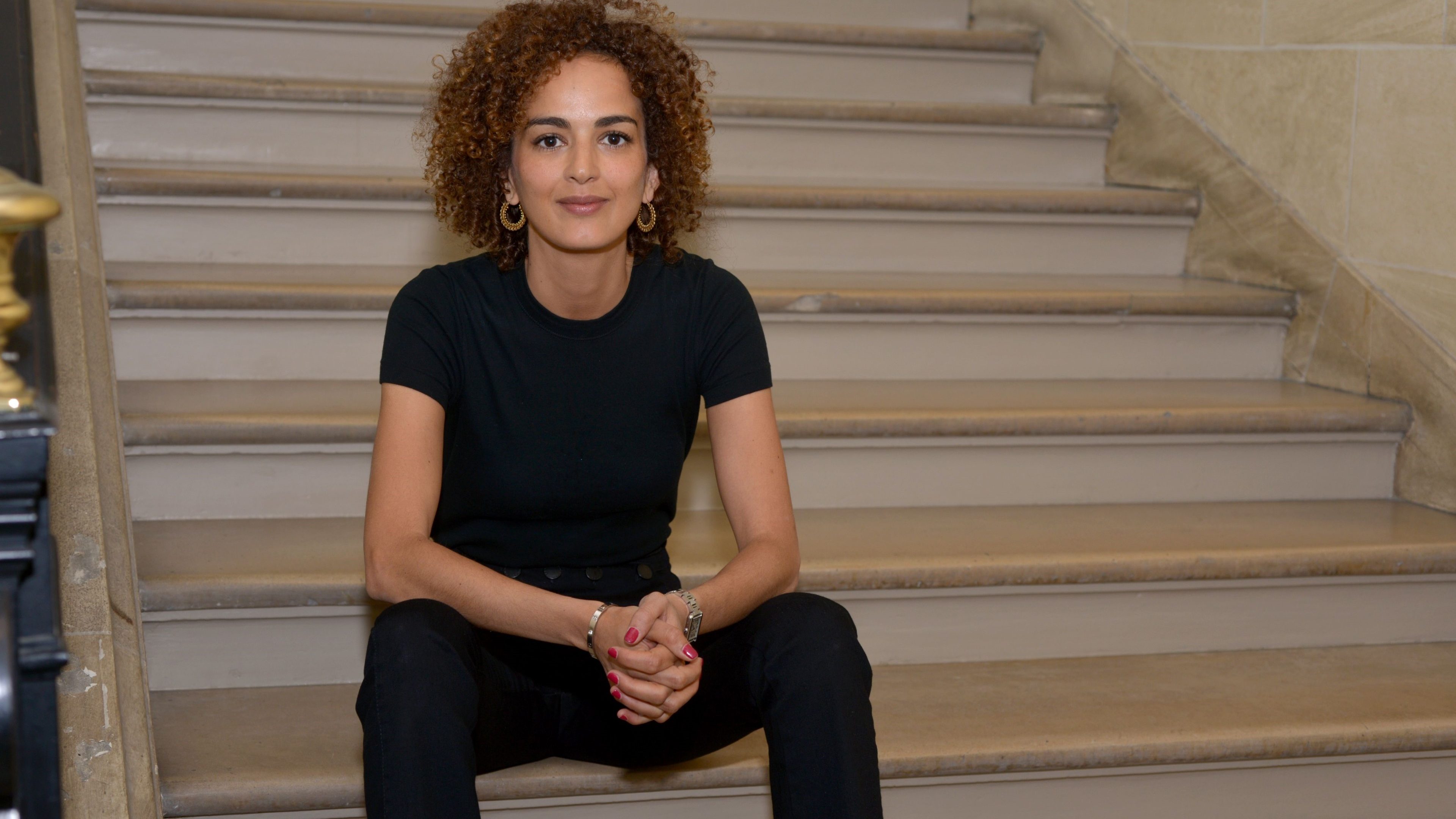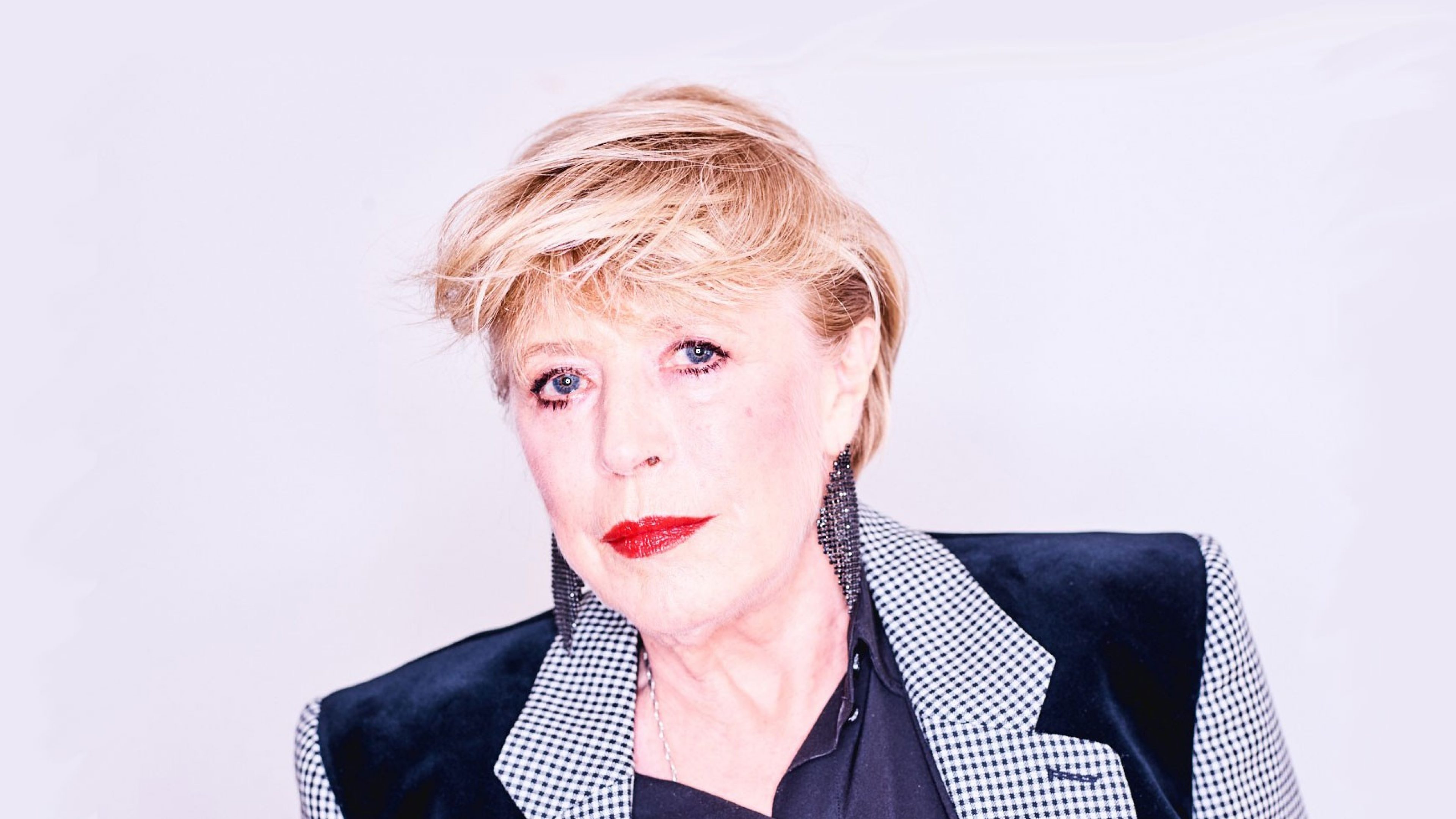UK-based Deborah Levy is one of the best-known contemporary writers. In our interview, she argues in favour of trying out new things in life with self-determination, and being brave enough to mess things up occasionally. She also reveals why, after years of practicing loudness, she now speaks more quietly again.
Ms Levy, you are only 62, but you have just published the last volume of your three-part autobiography, “Real Estate.” People usually write their autobiographies in retrospect – at the end of their lives.
I call it a living autobiography. I write from the present of my life and consciously didn’t want to describe my whole life, but just a few selected parts. I concentrate on the period between forty and sixty – because these years are very rarely documented in books from the perspective of female experiences. I thought it would be interesting to show what it was like for me during this period, and what characterises this phase of life in general. But I had no idea if anyone would want to read it. I wondered whether anyone would care about these everyday thoughts of a woman. And above all, can something like this be literature? I didn’t want to write a self-help book for women.
The central theme of the three books is your search for self-determination. In “The Cost of Living,” you quote Oscar Wilde: “Be yourself; everyone else is already taken.”
I think that’s a very encouraging quote. But it’s easier said than done. Finding your own voice, asserting yourself and determining your own path are incredibly liberating – but also tedious and sometimes painful.
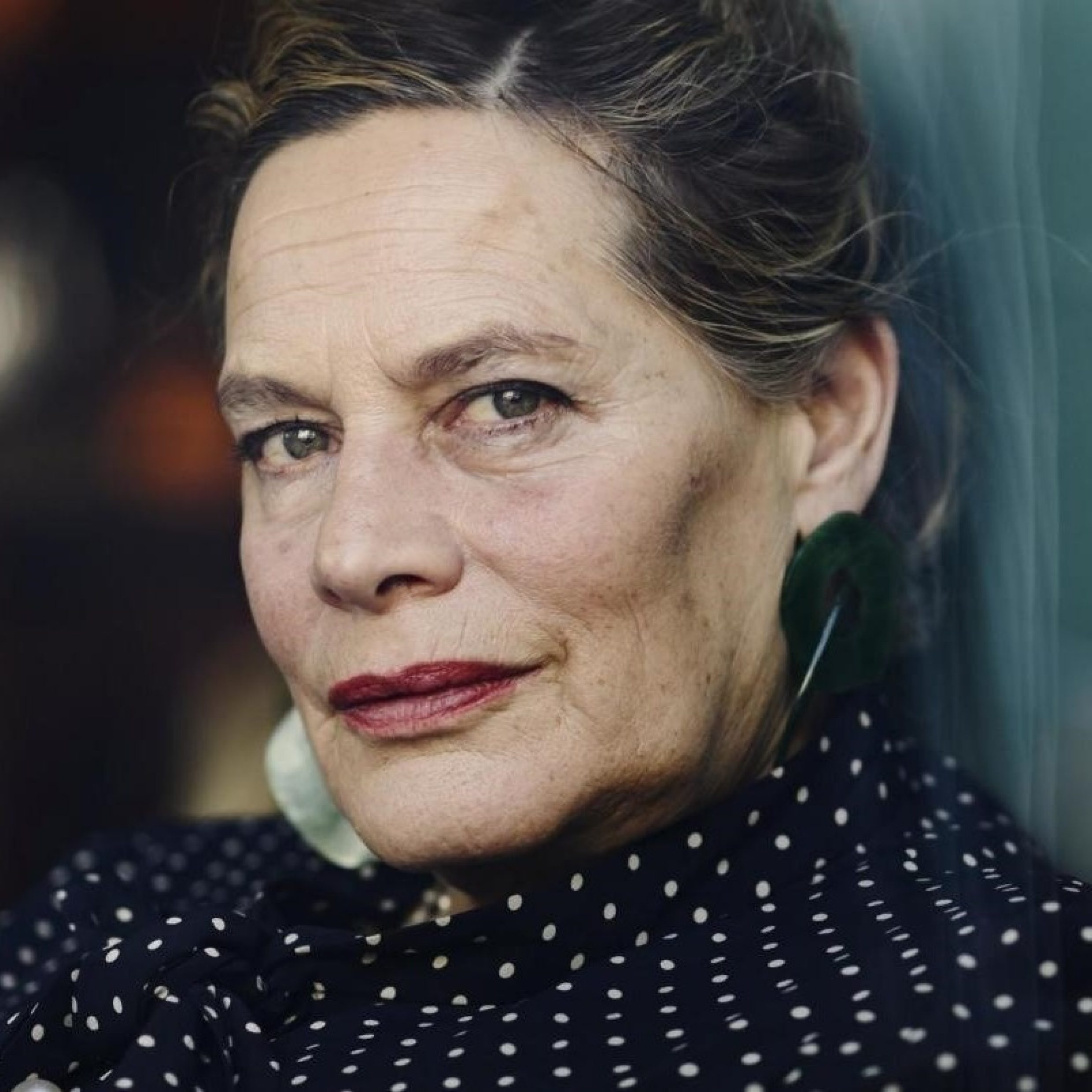
When did this process of finding your voice start for you?
Back when I was a child. I didn’t speak much, so a teacher told me to write down my thoughts. By doing this I realised that I liked making up stories and talking through other characters. But in order to really become a writer, I had to learn to speak loudly and then even more loudly – only to realise at some point that my voice is actually rather quiet.
Why did you have to speak so loudly?
Because women have always been told that we have to be really strong, invulnerable, really confident, really purposeful and really loud and decisive if we want people to listen to us. I now think that’s complete nonsense. We can be loud and quiet, confident and hesitant, strong and vulnerable at the same time, and address others in a much more human way. Finding your own voice is something fantastic, something really uplifting, because you suddenly exist in the world and can have your say.
Would you like to see a new, more self-determined image of femininity?
Yes, I’m trying to get away from the old-fashioned female character written by men for women, which is all about suffering, endurance and sacrifice. Why don’t we find other talents and get away from the boredom of always having to be defined in this way?
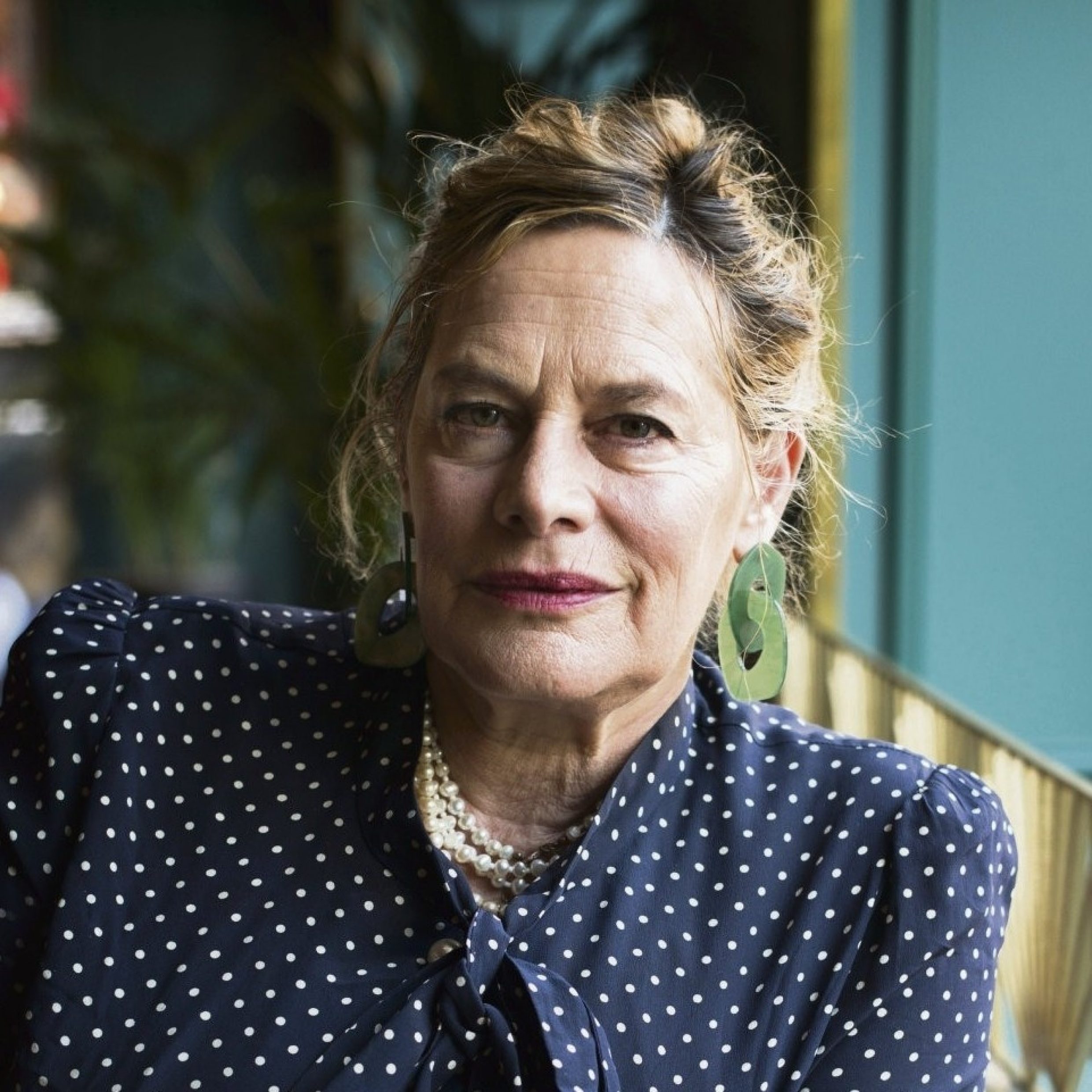
At 50, your life changed dramatically. You separated from your husband after 23 years of marriage, sold the house you shared, and moved with your younger daughter to a huge apartment block in north London where the heating didn’t work. “Freedom is never free,” you write, “Anyone who has struggled to be free knows how much it costs.”
It’s true that living a self-determined life also means taking risks, both financially and in other respects. But it’s worth it. This new start at 50 was a time of change and turbulence. It was energetic and exciting. A time for self-respect and perhaps a kind of homecoming.
Your books also appeal to our courage. To not stay in the current situation out of fear or comfort. How do you become more courageous?
One way to become more courageous is to be less afraid of failure. I think that young people today in particular are under immense pressure to succeed, and that they have to be very goal-oriented and successful. We should give them more space to try things out and be brave enough to mess things up occasionally.
As the title suggests, “Real Estate” is also about the question of home. What does this mean to you?
For me, a home is a kind of utopia. You create your world the way you like it, the way you dream of it. You shape it. And then you invite people to visit you in this world, eat with you at the table, share food and drink and thoughts.
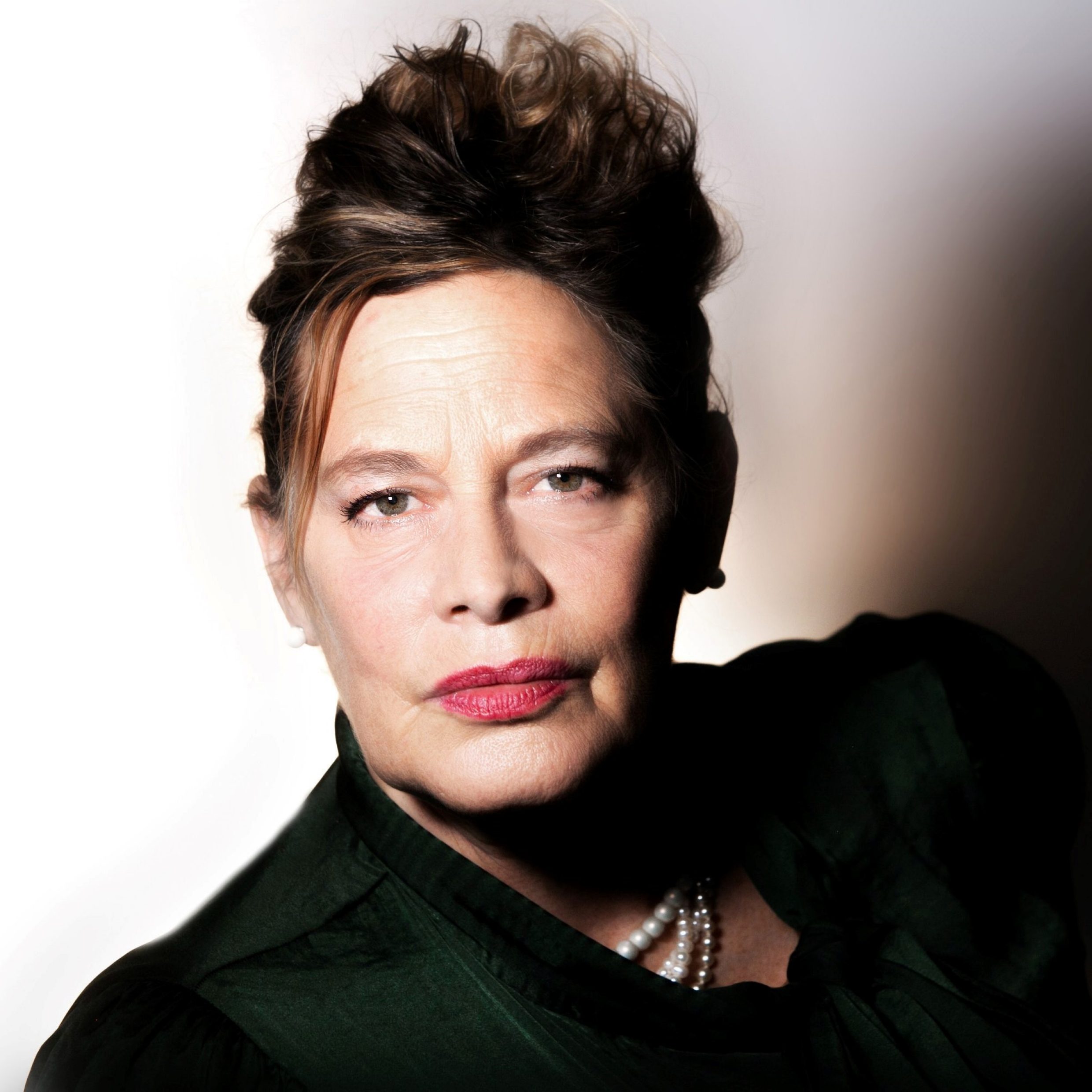
This longing for a home is found in almost all your books. Is this because you had to leave your native South Africa as a child and build a new home in England because your parents were active in the anti-apartheid movement?
That certainly influenced me. I explained the origin of this longing in the first book of the trilogy, and this search for a home ended in “Real Estate”. Not because I finally found my dream house – although a physical home is very important – but because I realise that I’ve built and decorated my home myself over the years: my books.
A new stage of your life began at the age of 60. Your older daughter has also moved out and started her studies. You are finally free of domestic obligations. Would you say that you now lead a completely self-determined, free life?
You know, I think freedom is a “work in progress.” In my new book, I describe it like this: I booked a ticket to freedom together with women like Simone de Beauvoir, but I don’t know where it is or if I’ll ever get there. It’s all about movement, about getting up on your horse and galloping off, striving for something. Basically, I want to say that this world is yours too, go out and get it!
Do you think there will be new women’s roles for your daughters? That it will be easier for them to be the protagonists of their own lives?
Definitely! I love and admire the new generation of young women. I think they can change the world.

Deborah Levy
Deborah Levy (62) is one of the most successful playwrights and writers of her generation. In the UK, where the Johannesburg-born daughter of an anti-apartheid activist has lived since the late 1960s, her last three novels were nominated for the Booker Prize. Deborah Levy has attracted international attention with her three-part autobiography, in which she expands her story of self-discovery to explore the challenges of a self-determined life and the price that women continue to pay for their independence in the 21st century. She was awarded the prestigious Prix Fémina 2020 literary prize in France for the second part of her autobiography, The Cost of Living. The third and final part of her autobiography, Real Estate, was published by Hoffmann und Campe in 2021.
